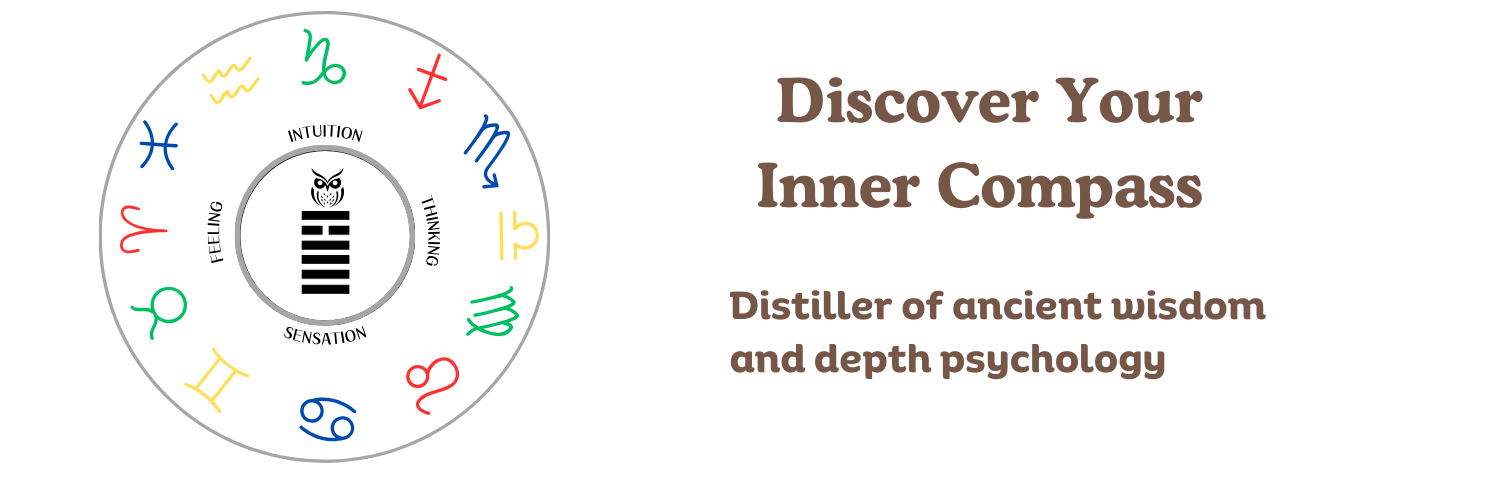“I have become identified with what is not unique … so I seem to have no specific shape that can be grasped individually … Persons in bins can only resemble one another in their communality … within every typological system there lurks abstract emptiness in which we lose our uniqueness.” – James Hillman
You won’t find a more eloquent criticism of personality typology than James Hillman’s essay in From Types to Images.
What makes it even more striking is that he helped found the Jung Institute in Zurich and gave a brilliant lecture about the feeling function. That lecture was first published in 1971, along with Marie von Franz’s lecture on the inferior function, in the book Lectures on Jung’s Typology.
But then in 1980 he published an essay in which he criticized the misuse of typology. Hillman is, above all, known for his writings about soul-making and calling. In that light, typology can seem very much at odds with calling and one’s unique destiny.
Hillman says: “The problem of perceiving the unique is at the heart of therapy. The desire to see and the need to be seen cannot be overestimated. Analysts struggle to see a particular and different self in each patient.”
He also said the problem of human relations is “the experiencing of each other as selves, as individual persons with distinct natures; each person the embodiment of an individual destiny.”
This is where he says we’ve gone wrong in understanding Jung’s Psychological Types book: “His Types was conceived to elaborate differences, variety. Yet it has become an instrument of psychological egalitarianism by means of typical categories into which persons can be fit. The book has … become an instrument of the egalitarianism it is expressly designed to ward off.”
Ouch. I can’t say I disagree. The internet has only exacerbated the problem. The conversations and content about typology are so often about type parts. “I see Ti in how you said that!” And so on. Very little about soul-making and calling.
Hillman again: “Don’t we tend to turn to them [types] when we are most self-occupied, neurasthenic, narcisstically depressed? When we need ego-support? Typologies fascinate and convince because they are methods of mirroring what we most look for – self-perception recognition of our individual image. And the more we gain this insight into our uniqueness and present ourselves as an individual image, the less fascinating and convincing typology: we say, ‘we no longer fit in.'”
This is why type is merely a starting point. When we no longer feel we fit into our particular personality type, perhaps it is because we are seeing our calling all the more clearly.
